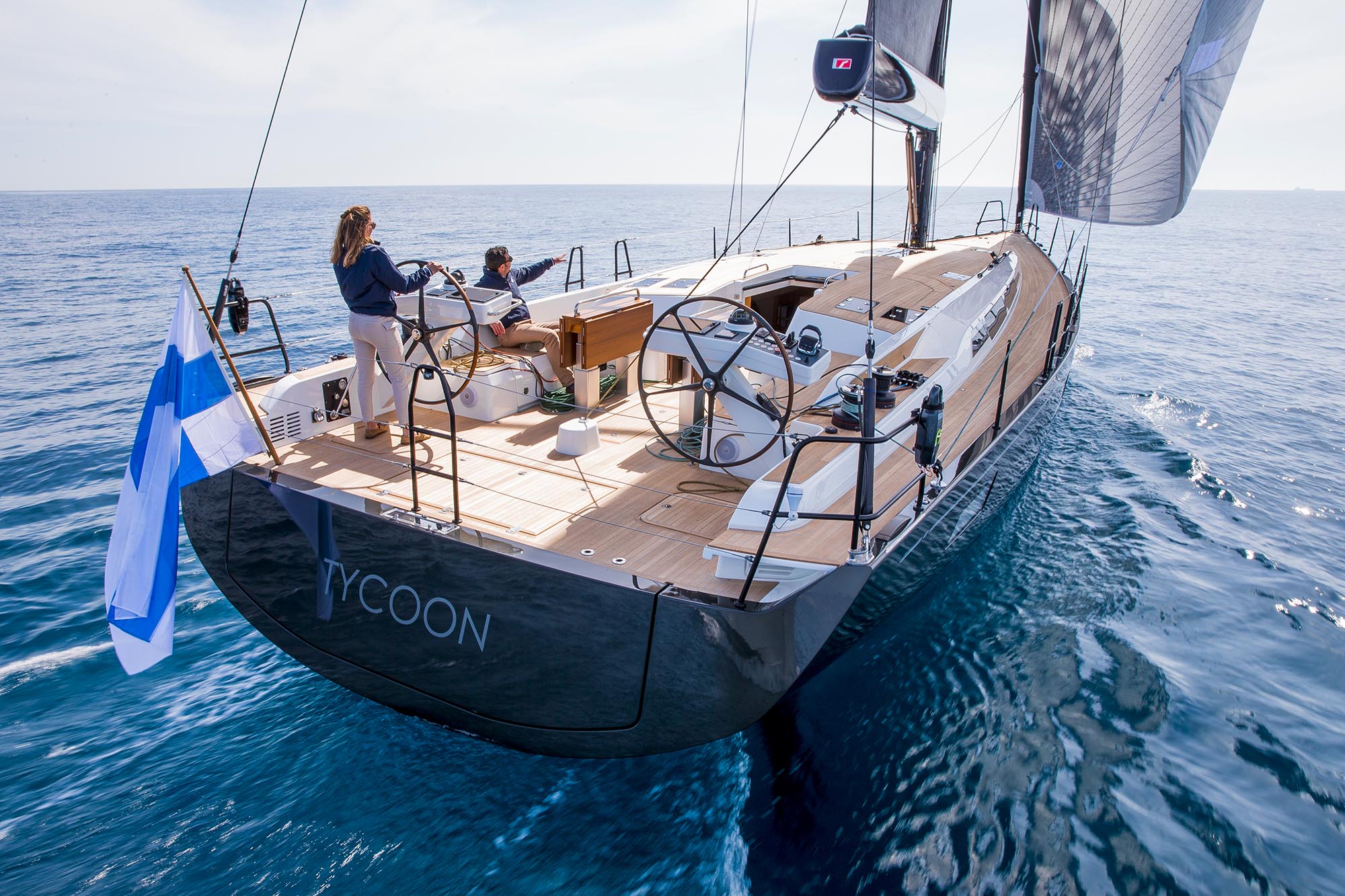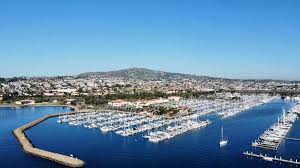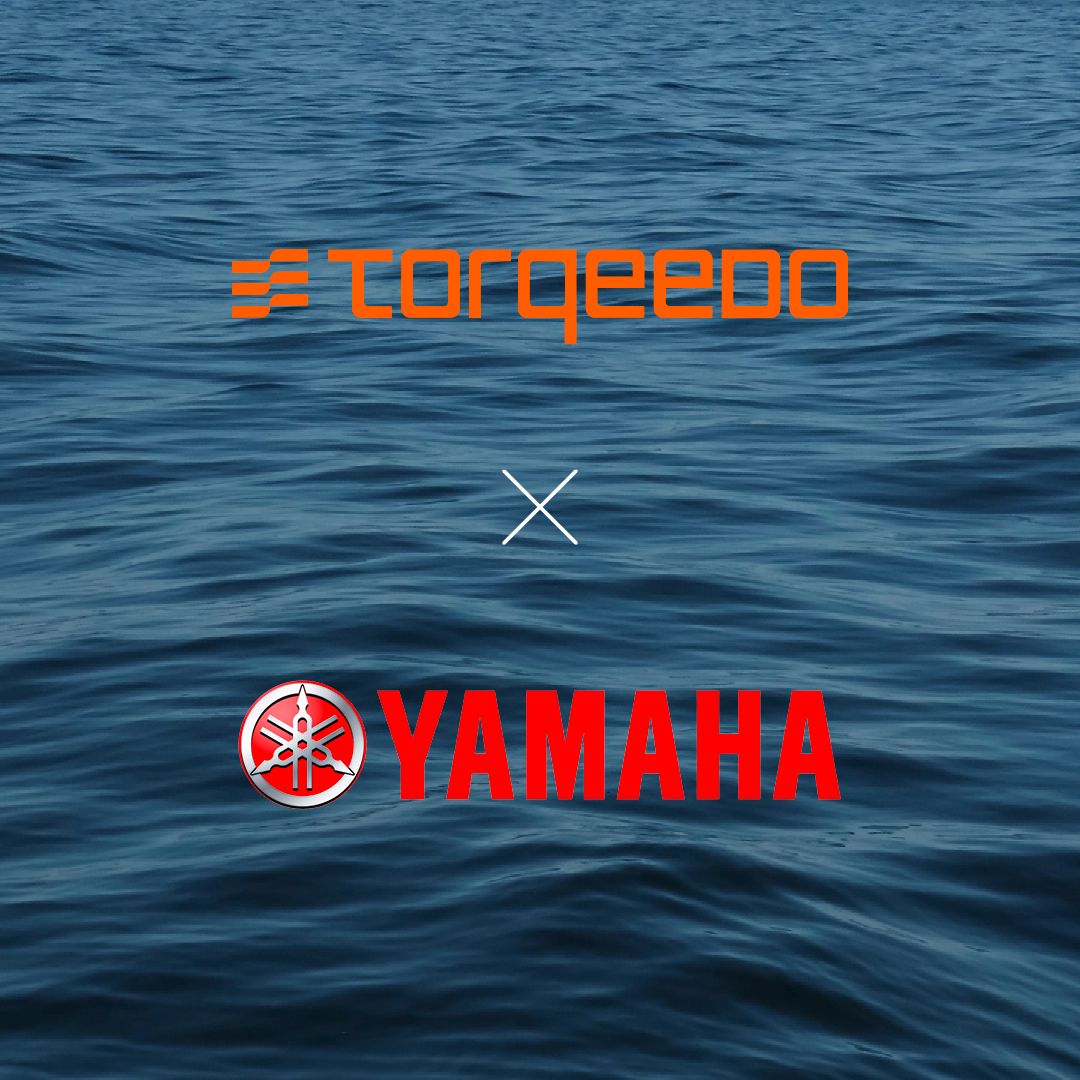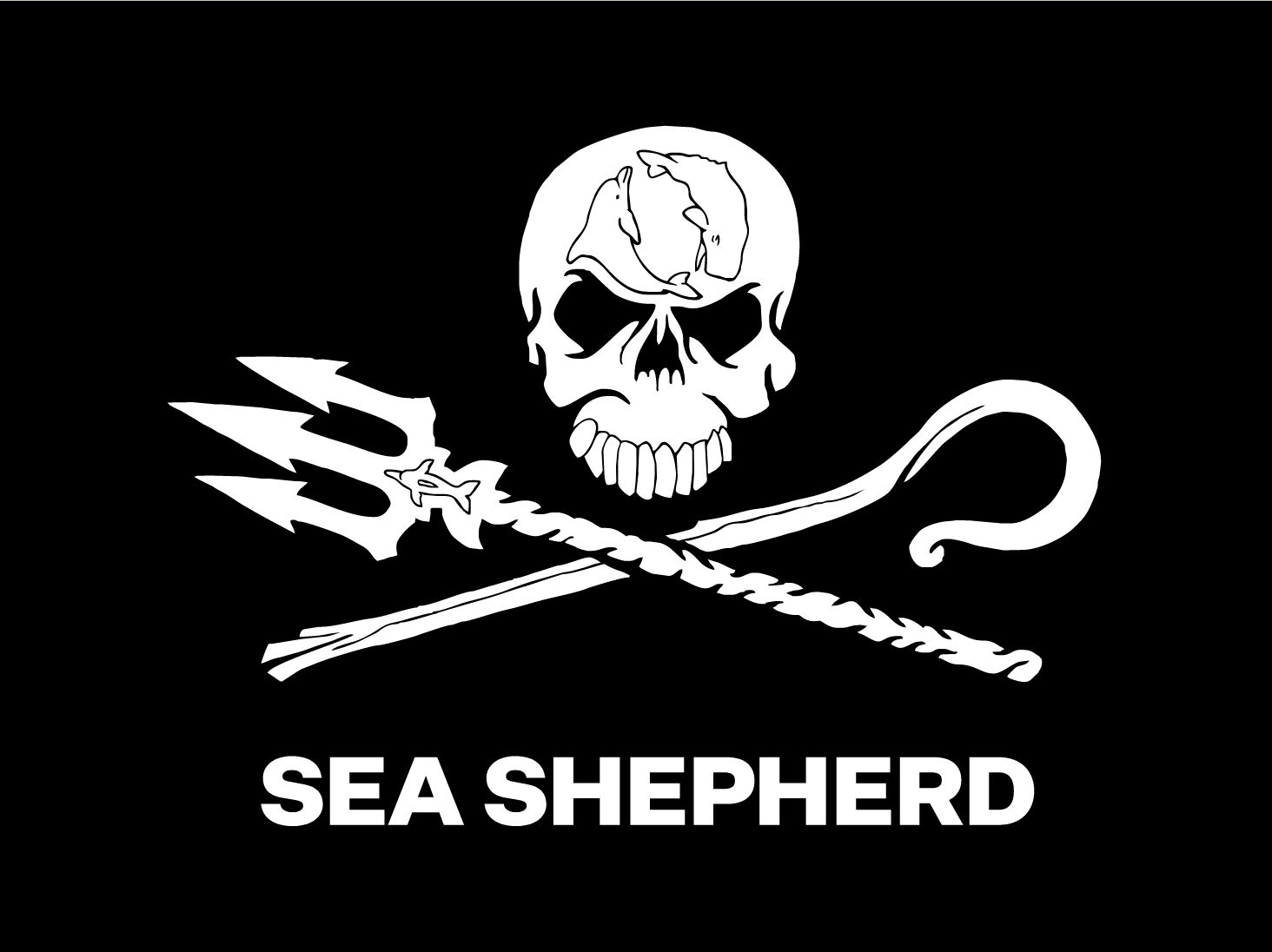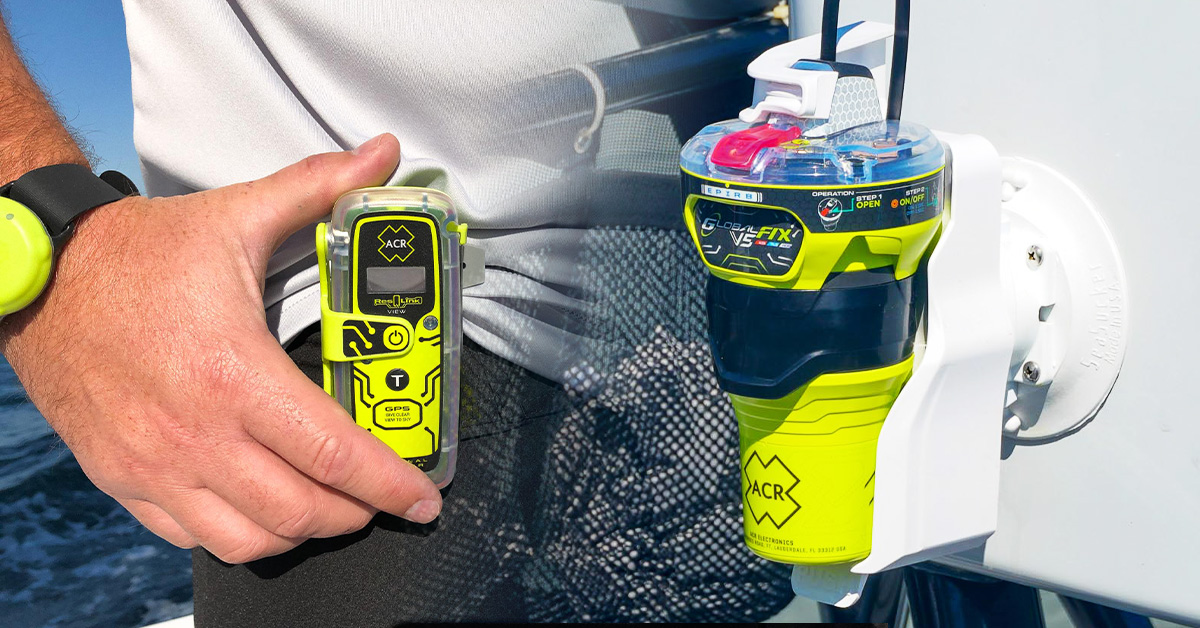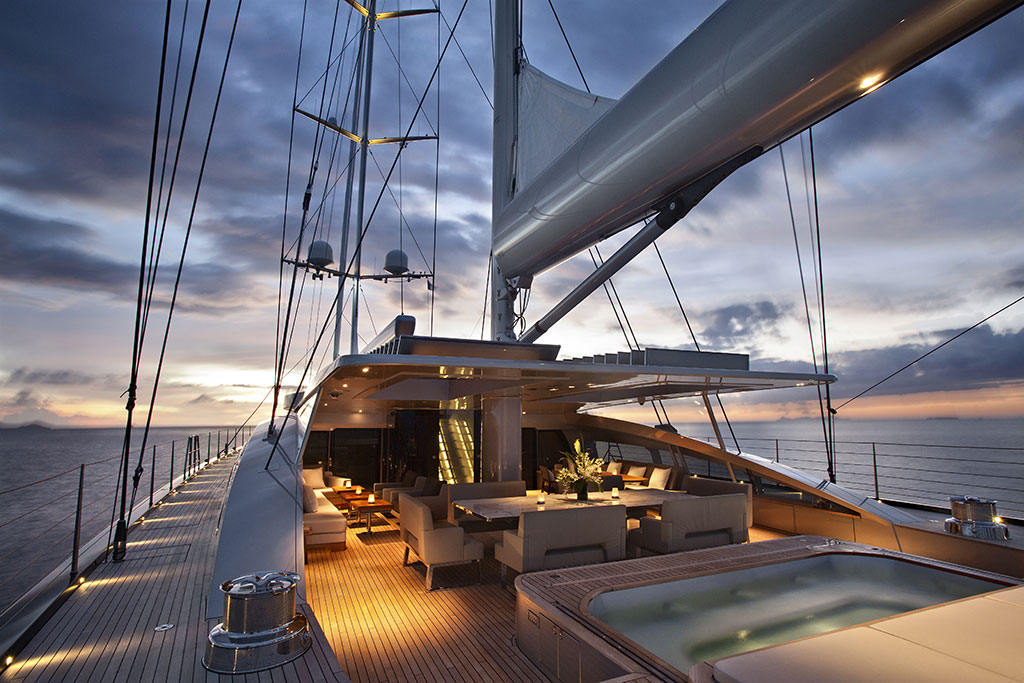How Much Does a Yacht Cost: A Comprehensive Breakdown for Buyers
Yachts embody luxury, status, and freedom, leading many to wonder about the costs associated with such an extravagant purchase.
Buying a yacht is a significant investment that involves not only the initial price but also ongoing expenses such as maintenance, fuel, insurance, and crew costs.
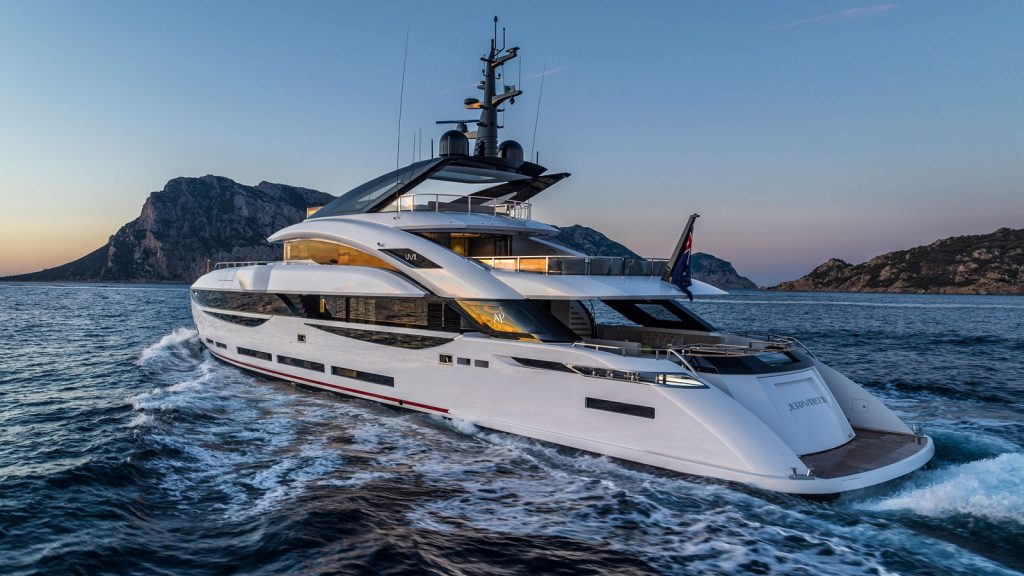
The price of a yacht varies greatly depending on factors such as size, brand, age, and features. Understanding these factors will help potential buyers make informed decisions.
Smaller yachts often start at a few hundred thousand dollars, while larger or more luxurious models may cost millions. Meanwhile, superyachts and mega yachts can carry price tags in the tens or hundreds of millions of dollars.
It is important to remember that additional ownership costs, like annual operating expenses, must be considered when calculating the true cost of yacht ownership.
Key Takeaways
- Yacht costs vary greatly based on size, brand, age, and features
- Additional expenses such as maintenance, insurance, and crew should be factored in
- Assessing all costs involved helps gain a clearer picture of the true cost of yacht ownership
Types and Sizes of Yachts
When considering the cost of a yacht, it's important to understand the various types and sizes available in the market.
In this section, we will explore some of the main categories of yachts, including sailing yachts vs. motor yachts and the range of sizes from small to superyachts.
Sailing Yacht Vs. Motor Yacht
There are two main types of yachts: sailing yachts and motor yachts.
Sailing yachts rely on wind power and sails for propulsion, making them more eco-friendly and fuel-efficient. They come in a variety of sizes and styles, with smaller sailboats starting around 23 feet in length. Some popular designs include sloops, cutters, and ketches.
Meanwhile, motor yachts use engines for propulsion, offering more speed, power, and maneuverability. These yachts typically range from around 30 to 100 feet, although larger motor yachts can also be classified as superyachts. Motor yachts are often equipped with a luxurious interior, offering the utmost comfort and entertainment for guests.
Small Yachts to Superyachts
Small Yachts (10,000-$100,000):
Small yachts generally range from 23 to 40 feet in length. These yachts are more affordable and easier to maintain, making them attractive to first-time buyers. They can be both sailing yachts and small motor yachts. Examples of small yachts include sportfishing boats, family cruisers, and day sailers.
Midsize Yachts ($100,000-$1,000,000):
Midsize yachts typically range from 40 to 60 feet in length. The price of a midsize yacht can vary greatly, with used models going around $200,000 while new ones can go up to a million dollars. They offer more space, better amenities, and improved performance compared to small yachts. Midsize yachts can also be classified as sailing yachts or motor yachts.
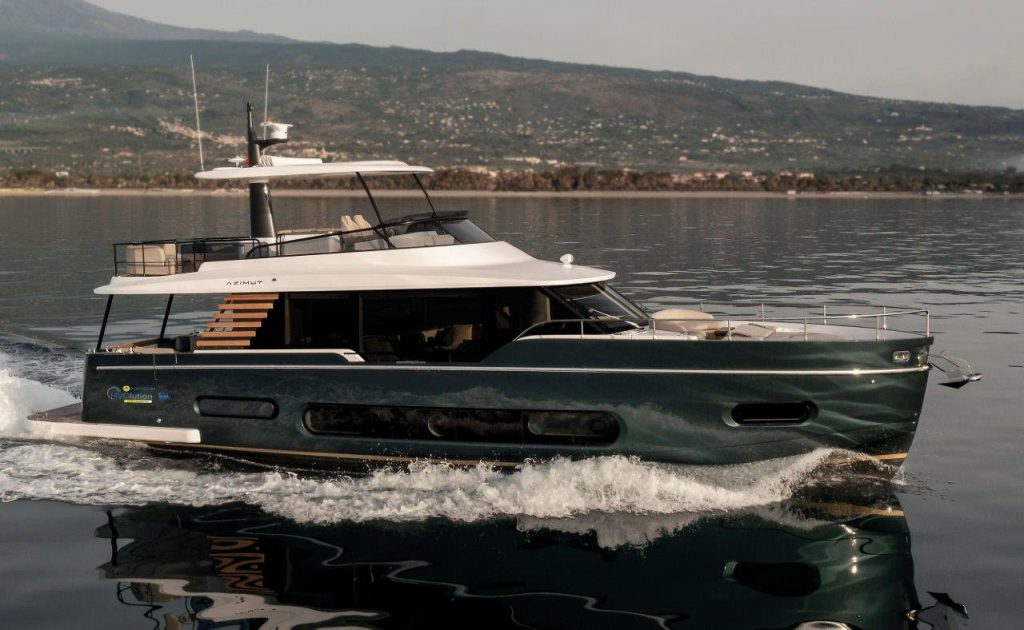
Large Yachts ($1,000,000 and up):
Large yachts typically range from 60 to 100 feet in length. These luxurious vessels come with a higher price tag, often costing multiple millions of dollars. Large yachts offer plenty of space for entertaining, as well as state-of-the-art technology and amenities. They come in both sailing and motor yacht varieties.
Superyachts ($10,000,000 and up):
Superyachts are the pinnacle of luxury and sophistication, typically measuring over 100 feet in length. They feature extravagant amenities, such as helipads, swimming pools, and even movie theaters. The price of a superyacht can be astronomical, at times exceeding $10 million or more.
Cost Factors for New and Used Yachts
When determining the cost of a yacht, whether new or used, several factors come into play. These include the age and condition, size and style, brand and model, and location and availability of the yacht.
Each of these factors plays a significant role in the overall cost, so understanding them can help buyers make an informed decision.
Age and Condition
The age of a yacht naturally impacts its price. A brand-new yacht typically commands a higher price than a used one. However, the condition of a used yacht can also greatly influence its value. A well-maintained, used yacht in excellent condition may be more expensive than a newer model with issues or wear and tear.
Size and Style
The size and style of the yacht also play a crucial role in determining the cost.
Generally, larger yachts come with a higher price tag. For example, the average price of a yacht in the United States for vessels 46 to 55 feet was $467,899, while the average price for yachts in the 56 to 79 foot category was $1.18 million.
The style of the yacht, such as a sailboat, power catamaran, or luxury yacht, can have a significant effect on the price as well.
Brand and Model
The yacht's brand and model also contribute to its price. Some yacht brands are known for their luxury, craftsmanship, and performance, which can lead to a higher cost.
On the other hand, more affordable brands may offer similar amenities and functionality at a more budget-friendly price.
It's essential to research different yacht brands and models to find the one that best suits your preferences and budget.
Location and Availability
The location of the yacht, along with its availability in the market, can influence the overall cost.
In some regions, yacht prices may be higher due to factors such as demand, local taxes, or shipping costs. Additionally, if a specific model is in high demand or limited supply, its price may be elevated due to scarcity.
Initial Purchase Price
Buying New Vs. Pre-Owned
When considering the initial purchase price of a yacht, one of the first decisions a buyer faces is whether to buy a new or pre-owned yacht.
New yachts typically come with the latest technology, design, and customization options, but they also come at a higher price.
On the other hand, pre-owned yachts can be significantly more budget-friendly, but may require more maintenance and lack the latest features.
The average price of a yacht in the United States for vessels 46 to 55 feet was $467,899, while the average price for yachts in the 56 to 79-foot category was $1.18 million. These prices can vary depending on whether the yacht is new or used.
The Buying Process
The process of buying a yacht typically involves researching the market, selecting the right size and type of yacht, identifying suitable yachts, negotiating the price, and completing the purchase.
Working with a professional yacht broker can be beneficial in streamlining this process for the buyer as they can provide expert guidance in selecting the right yacht to fit the buyer's needs and budget.
Costs to Consider
In addition to the initial purchase price, there are various other costs that should be taken into account when buying a yacht. These include:
- Insurance: Buyers should consider the cost of insuring the yacht. Insurance fees, among other factors, are influenced by the size and value of the yacht.
- Marina fees: Docking the yacht at a marina will incur fees, which can range from a few thousand dollars for smaller yachts to tens of thousands for larger ones.
- Maintenance: Maintenance costs can make up around 10% of the initial purchase price. For used yachts, be prepared to spend on essential repairs and upgrades as needed.
- Fuel: The cost of fuel is influenced by the yacht's size, engine type, and cruising frequency.
Operational and Maintenance Costs
Crew Expenses
One of the significant expenses associated with owning a yacht is paying the crew salaries.
The number of crew members and their respective positions will vary depending on the size and complexity of the yacht. For example, a 180-foot superyacht may have an annual crew expense of around $1.4 million.
It is essential to account for additional crew-related costs such as insurance, training, and uniforms.
Fuel and Propulsion
Another considerable aspect of yacht ownership is fuel costs. The amount of fuel consumption will largely depend on the yacht's size, propulsion system, and usage patterns.
For instance, a larger yacht may incur around $400,000 for fuel annually.
It is also worth considering the potential expenses for any necessary upgrades or maintenance of the propulsion systems to ensure optimal performance and efficiency.
Repairs and Upkeep
Maintaining the yacht's appearance and condition requires regular maintenance and repairs. These expenses can quickly add up. Annual maintenance costs for a superyacht could reach up to $1 million.
This includes expenses for cleaning, teak oils, wax, and polish to keep the yacht looking immaculate. It is often recommended to allocate around 10% of the yacht's value to cover annual maintenance costs.
Dockage and Storage
Mooring fees, marina fees, and storage are additional factors to consider when estimating the operational costs of a yacht. Dockage costs typically depend on the yacht’s size and the chosen location.
On average, a superyacht may have an annual dockage expense of around $350,000.
Additional Ownership Costs
Insurance
Yacht insurance is a significant cost that should be factored into your decision to buy a yacht. The cost of insurance can vary based on the size, type, and value of the yacht.
For example, a 180-foot superyacht may have insurance costs upwards of $240,000 per year.
Obtaining quotes from various providers is essential. Remember that rates can fluctuate based on factors such as the yacht's condition and the owner's boating experience.
Taxes and Registration
Owning a yacht also comes with local and federal taxes and registration fees. Tax rates can vary depending on the state or country where the boat is registered.
In the United States, some states have a sales tax for yacht purchase, while others have an annual personal property tax. Make sure to research the applicable taxes and registration fees in your area to include them in the overall cost of ownership.
Depreciation
Another factor to consider when purchasing a yacht is depreciation. Over time, the value of most yachts will decrease, much like automobiles.
The rate of depreciation may differ based on the yacht's make, model, and age. To account for this potential decrease in value, make sure to have a proper maintenance plan in place and be prepared for the potential resale-value drop.
Extra Amenities and Upgrades
Finally, extra amenities and upgrades can significantly impact the cost of owning a yacht. Additional features such as upgraded electronics, specialized navigation systems, enhanced entertainment systems, or custom interior finishes can add considerably to the base cost of ownership.
Also, consider ongoing costs associated with these amenities, such as maintenance, repairs, and replacements. Budgeting for these additional expenses is critical to ensure your enjoyment of the yacht without financial strain.
Real Cost of Yacht Ownership
Owning a yacht is a luxury many people dream of, but it comes with significant costs. This section will discuss the real cost of yacht ownership, looking at the rule of thumb for annual costs and investment considerations.
Rule of Thumb for Annual Costs
When estimating the cost of owning a yacht, a general rule of thumb is that annual costs will be around 10% of the initial purchase price. This includes expenses such as maintenance, fuel, insurance, and crew salaries.
For example, a 180-foot superyacht could have an annual budget of $1 million for maintenance, $400,000 for fuel, $240,000 for insurance, and $1.4 million for the crew.
Another example is a 50-foot yacht, which may have ongoing costs between $35,000 and $85,000 per year.
- Maintenance and Repairs: The cost of maintaining a yacht can range from $1,000 to over $1 million per year, depending on the size and complexity of the vessel.
- Dockage: Yacht owners should budget around $350,000 annually for marina fees.
- Fuel: Depending on the size and type of yacht, fuel expenses can be substantial, averaging around $400,000 per year for a large vessel.
- Insurance: Insurance premiums for yachts can range from a few thousand dollars to upwards of $240,000 per year.
- Crew Salaries: Crew salaries can account for the largest portion of yacht ownership costs. A large yacht may require a crew with an annual budget of $1.4 million.
Investment Considerations
When thinking of purchasing a yacht as an investment, potential owners should consider several factors.
Yachts depreciate in value over time, making them a less attractive investment compared to traditional assets such as stocks and real estate.
Additionally, the high cost of ownership may make yacht investment less viable for some individuals.
Keep in mind that while some owners charter their yachts to offset costs, this strategy may not fully cover annual expenses. Moreover, chartering exposes the yacht to additional wear and tear, which can result in higher maintenance costs.
Life on Board
Amenities and Comfort
Life on a yacht offers a unique blend of luxury and comfort. Yachts often come equipped with a variety of amenities to make living on board as enjoyable as possible.
One common feature is the cabin, which provides comfortable sleeping quarters and private spaces for relaxation. Some yacht cabins even have their own ensuite bathrooms for added convenience.
A well-designed galley is essential on a yacht, providing the space and facilities needed to prepare meals and store provisions.
Modern yacht galleys often come equipped with high-quality appliances and ample storage space to ensure a pleasant dining experience.
On larger yachts, additional amenities may include swimming pools, outdoor lounges, and spacious deck areas for sunbathing and relaxation. Some superyachts also feature helipads, allowing for easy access to transport and travel to and from the yacht.
Entertaining and Lifestyle
A yacht is not just a floating home, but also a platform for entertaining and socializing. The deck space on a yacht offers a fantastic setting for outdoor gatherings, while a well-appointed cabin cruiser can serve as an ideal venue for more intimate events.
Entertaining on a yacht often involves a range of activities, from casual get-togethers to formal dinners with friends, family, or business associates.
A key factor in this lifestyle is the yacht's finish – the quality of the materials, furnishings, and décor that contribute to an atmosphere of luxury and sophistication.
With such an array of amenities and entertainment options, life on a yacht combines the best aspects of comfort, luxury, and a captivating lifestyle.
Frequently Asked Questions
What is the price range for a small yacht?
Small yachts can cost anywhere from $100,000 to several hundred thousand dollars, depending on factors such as size, brand, age, and amenities.
On average, a new, small yacht may cost around $200,000, but prices can vary significantly based on the specific yacht.
What are typical rental costs for yachts of various sizes?
Rental costs for yachts can vary greatly depending on factors like size, type, and location.
Typically, smaller yachts can be rented for a few thousand dollars per day, while larger, luxury yachts may command tens of thousands of dollars per day.
Some yachts may also require a minimum rental period and may charge additional fees for things like fuel and crew.
What is the purchasing price for a luxury yacht?
Luxury yachts generally fall within the multi-million-dollar price range, with some costing tens of millions or even hundreds of millions of dollars.
The exact price of a luxury yacht depends on several factors, such as the yacht's features, size, customizations, and brand.
What is the cost associated with owning a 50-foot yacht?
The cost of owning a 50-foot yacht includes the purchase price, maintenance, insurance, docking fees, and fuel costs.
While the purchase price can vary greatly, annual costs can be estimated at approximately 10% of the yacht's value, which may include maintenance, repairs, insurance, docking fees, and other related expenses.
What are the expenses involved in buying a 100-foot yacht?
In addition to the purchase price, which can range from a few million to tens of millions of dollars, owning a 100-foot yacht incurs several ongoing costs.
These expenses include insurance, crew salaries, maintenance, docking fees, fuel, and provisions. It is important to budget for these costs, as they can add up to a significant amount each year.
What can one expect to pay for a 70-foot yacht?
The purchase price of a 70-foot yacht can range from several million dollars to well over $10 million, depending on factors such as age, brand, and features.
In addition to the initial purchase price, there will be ongoing costs such as insurance, maintenance, crew salaries, docking fees, and fuel, which need to be considered when budgeting for yacht ownership.
Charlie is Editor-in-Chief of Sea Magazine
